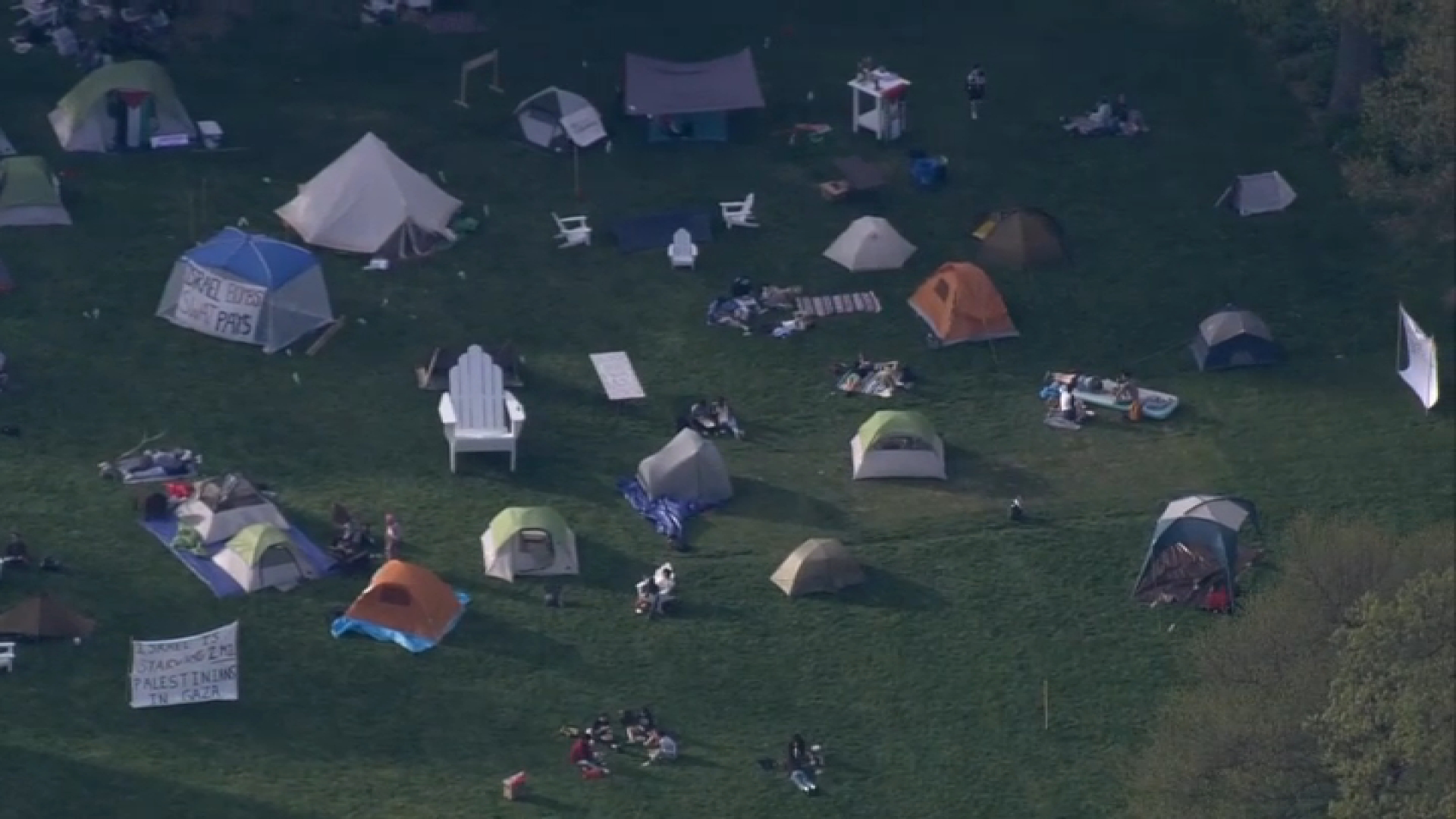While not ranking up there with other Garden State fruits and vegetables in terms of sales, the poinsettia has become an important crop in New Jersey's $1 billion a year agriculture industry.
New Jersey's 50 some poinsettia growers in 2015 produced about 1.3 million pots of the plants valued at $6.9 million, according to the most recent statistics available.
Agriculture officials want to get the word out, like they do with other better-known New Jersey crops, that it's important to buy from a local, in-state grower.
"Rather than buying a plant that's shipped in, you are supporting your local grower _ your friends and neighbors,'' said New Jersey Agriculture Secretary Douglas Fisher.
La Rosa Greenhouses in South Jersey is one of the largest growers in the Garden State. A few of their poinsettias had already been shipped before Thanksgiving, but now the real rush begins.
"There is nothing nothing nicer in terms of beauty than a poinsettia,'' Carmen La Rosa told NJ.com as he stood surrounded by the carpet of color produced by 20,000 plants in one of his Salem County greenhouses last week.
Most of his plants will be sold wholesale to garden centers, churches, restaurants and to fundraising groups. The rest go to La Rosa's two retail spaces, one at the greenhouses in Mannington Township and the other just a couple of miles away on busy U.S. Route 40 in Pilesgrove Township where travelers from other states, including Virginia and Maryland, stop to scoop up the plants.
Local
Breaking news and the stories that matter to your neighborhood.
The crop size is down from the peak of 72,000 several years ago. La Rosa, who has been raising poinsettias with his wife, Charlene, since 1981, blames part of the decline on the economy. People have begun to treat the traditional plant as a luxury item, he said.
At Kube-Pak in Allentown, Monmouth County, the outgoing shipments of the 95,000 poinsettias grown for the 2016 season have also already begun, according to Rob Swanekamp Sr., one of the owners of the family-run greenhouses.
Like La Rosa, Swanekamp said his family, which established their business in 1963, also used to grow more poinsettias -- up to 250,000 at one time.
All of Swanekamp's family's poinsettias are sold wholesale. Kube-Pak has no retail outlets like La Rosa. About a quarter of Kube-Pak's Jersey-grown poinsettias are destined for customers in New York City, Swanekamp said.
Swanekamp believes the demand for poinsettias has lessened for a couple of reasons.
He says younger generations are not sticking to the traditions practiced by their parents and grandparents and buying poinsettias for their homes at Christmas.
Another reason, Swanekamp believes, are the changing demographics in New Jersey with more non-Christian religions.
"The challenge we face is getting the product into more and more homes,'' Swanekamp said.
The poinsettias now available began their life during mid-summer when most people where thinking about the beach and not Christmas.
Small cuttings were planted in greenhouses and carefully nurtured. Heat and even the amount of light the plants receive are all critical in making sure the plants burst forth with color -- at the right time.
"Fussy,'' is how La Rosa describes the poinsettia. Even the weather outside of a greenhouse can impact the plants indoors, he says.
Like with other crops, New Jersey's growers continue to meet the challenge with successfully raising the finicky poinsettia.
"It's a challenge for a grower to get a good-looking plant to grow and we pride ourselves that we can repeat that year after year,'' Swanekamp said.



